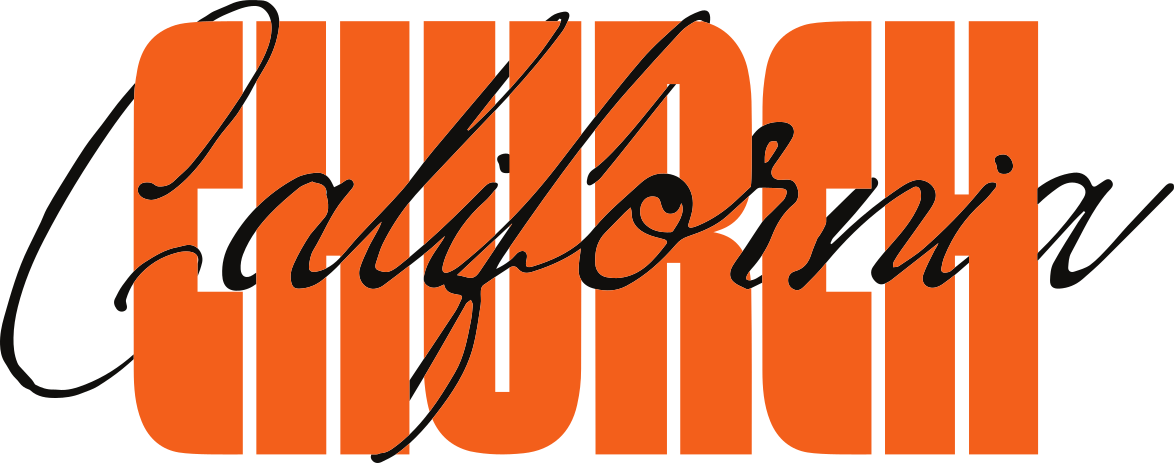At Church Barber we cut thousands of heads a year, and one of the most common issues we see is weak, brittle hair, caused by over-shampooing.
Many people assume you should shampoo every time you shower, but that is not necessarily true and we're here to set the record straight.
Why is shampooing too frequently a problem?

Your scalp produces oil - or more accurately your sebaceous glands produce an oily, waxy compound called sebum - which moisturizes and protects your skin, and is the key to healthy, shiny hair. Sebum production is at it's height during puberty (acne is a byproduct of excessive sebum), and as you age, your body gradually produces less, greatly reducing in your thirties. This is why you might recall a time that you used shampoo daily and never had a problem, and now that you're aging out of puberty and your early twenties, you’re wondering why you all of a sudden have dry hair. The reason is that your scalp's sebaceous glands are now producing less sebum, and over cleansing of your scalp is stripping what natural oils you have left, leading to dry scalp, dull and brittle hair. Over use of shampoo is also a contributor to other conditions, like dandruff.
Know when it's time to wash your hair
For most people, washing your hair with shampoo twice a week is sufficient, and will result in healthy hair. For some, with very oily hair, shampooing every other day might be the magic number. The key is to understand your current hair type and how much oil your scalp produces, and gradually settle into the right number of washing for you. Excessive oil is what makes hair feel dirty to the touch, and that's the sign you're looking for, to know when to wash your hair.
Hair type is a major consideration
Thin, fine hair can usually be washed every other day, as it's the most easily coated by sebum, meaning it will feel overly oily more quickly. On the contrary, the more curly, wavy and thick your hair is, the more time the sebum takes to fully coat the hair, meaning you should wash less frequently, or as little as once a week. Your body's natural oils help reduce frizz and make curly, wavy hair feel more moisturized and healthy, so it's especially important that you hold on to those oils.
Note: if you're using a natural, non-stripping shampoo, you can shampoo your hair more frequently (daily even), so long as your hair feels healthy.

Switch to a Natural, Non-Stripping Shampoo
If you use unhealthy hair products with ingredients you don't want ending up on your pillow (and then your face), or oil-based styling products that do not wash out easily with water, you might find yourself in a sticky situation (pun intended), which requires you to wash more frequently. This more frequent washing will ultimately cause further damage to your hair.
Additionally, when you do shampoo, you should avoid shampoo products with sulfates - most liquid shampoos on the market today contain sulfates - which are especially stripping of natural oils. "Fragrance" is another common shampoo ingredient to avoid, as it can contain any number of nasty ingredients that can cause irritation and dry skin, or worse. Church California's shampoo and conditioner bars are sulfate and fragrance free, and this means they are also non-stripping, so you can shampoo with our bars more frequently, than with other harmful shampoo products.
If you're not already, you should also use a conditioner after shampooing. Shampoo cleanses the hair, and conditioner moisturizes the hair, returning it to it's natural, shiny and healthy state.
No Hot Water on the Scalp!
Lastly, avoid excessively hot shower water, especially on your hair and scalp. Hot water is drying for skin as it strips the natural oils from your glands. Switching to luke warm showers and avoiding hot water directly on your head will lead to healthier hair and skin.

What to do in between washes
Just because you're not shampooing every day any longer, doesn't mean you get to skip the shower. You should still shower at least once a day. In fact, you should still wash your hair with water each day, and you can even add a conditioner either daily or every other day, depending on your preference and what feels right for your hair. If you're suffering from dry hair, a good conditioner will quickly bring some much needed moisture back to your hair and scalp.

Summary: How often should you shampoo, and other tips
While showering daily is a hygiene best practice, you should avoid washing your hair with shampoo daily, as over cleansing with shampoo will strip your scalp and hair of it's natural oils, also called sebum. Your body produces sebum to coat and protect your skin, and to produce healthy, shiny hair. Excessive sebum is what makes your hair feel oily and dirty, and once it feels that way, you should wash your hair. However, when you wash too frequently, your scalp will dry out and your hair will become dull and brittle.
How frequently you should shampoo your hair is directly related to how much sebum your scalp is creating currently, and you should know that amount will gradually decrease as you age, following a peak of sebum production in your teens and twenties.
Other tips for healthy hair include:
Avoiding cheap, synthetic, and oil-based hair styling products, which require frequent cleansing
Avoiding shampoos with sulfates, fragrance, and alcohols, which overly strip the oils from your scalp
Using conditioner after shampooing, and even in-between washes, will moisturize your hair and keep it healthy and shiny
Shower with luke warm water and especially avoid very hot water directly on your scalp






